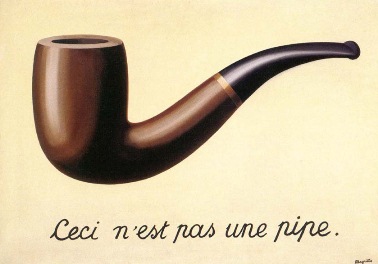My favourite speed skater (Full
disclosure: I have a thing for speed skaters bothering the ISU), Claudia
Pechstein, is back in the news! And not from the place I expected. While
all my attention was absorbed by the Bundesverfassungsgericht in Karlsruhe (BVerfG
or German Constitutional Court), I should have looked to the European Court of
Human Rights in Strasbourg (ECtHR). The Pechstein and Mutu joint cases were pending
for a long time (since 2010) and I did not anticipate
that the ECtHR would render its decision before the BVerfG. The decision released last
week (only available in French at this stage) looked at first like a renewed
vindication of the CAS (similar to the Bundesgerichtshof (BGH) ruling
in the Pechstein case), and is being presented
like that by the CAS, but after careful reading of the judgment I believe this is rather
a pyrrhic victory for the status quo
at the CAS. As I will show, this ruling puts to rest an important debate
surrounding CAS arbitration since 20 years: CAS arbitration is (at least in its
much-used appeal format in disciplinary cases) forced arbitration. Furthermore,
stemming from this important acknowledgment is the recognition that CAS proceedings
must comply with Article 6 § 1 of the European Convention of Human
Rights (ECHR), in particular hearings must in principle be held in public and
decisions freely available to all. Finally, I will criticise the Court’s
finding that CAS complies with the requirements of independence and
impartiality imposed by Article 6 § 1 ECHR. I will not rehash the well-known facts of both cases, in order to
focus on the core findings of the decision. More...

The decision of the
Bundesgerichtshof (BGH), the Highest Civil Court in Germany, in the Pechstein case was eagerly awaited. At
the hearing in March, the Court decided it would pronounce itself on 7 June,
and so it did. Let’s cut things short: it is a striking victory for the Court
of Arbitration for Sport (CAS) and a bitter (provisory?) ending for Claudia
Pechstein. The BGH’s press
release is abundantly clear that the German judges endorsed the CAS
uncritically on the two main legal questions: validity of forced CAS
arbitration and the independence of the CAS. The CAS and ISU are surely right
to rejoice and celebrate the ruling in their respective press releases that
quickly ensued (here
and here).
At first glance, this ruling will be comforting the CAS’ jurisdiction for years
to come. Claudia Pechstein’s dire financial fate - she faces up to 300 000€ in
legal fees – will serve as a powerful repellent for any athlete willing to
challenge the CAS.More...
Book Review: Vaitiekunas A (2014) The Court of
Arbitration for Sport : Law-Making and the Question of Independence,
Stämpfli Verlag, Berne, CHF 89,00
The
book under review is the published version of a PhD thesis defended in 2013 by
Andrew Vaitiekunas at Melbourne Law School. A PhD is often taking stock of
legal developments rather than anticipating or triggering them. This was
definitely not the case of this book. Its core subject of interest is the study
of the independence of the Court of Arbitration for Sport (CAS) – an issue that
has risen to prominence with the recent Pechstein ruling of January 2015 of the
Oberlandesgericht München. It is difficult to be timelier indeed. More...
The Pechstein ruling
of the
Oberlandesgericht (OLG) München rocked the sports arbitration world earlier
this year (see our initial commentary of the decision here and a longer version here). The decision has been appealed to the German
Bundesgerichtshof (BGH), the highest German civil court, and the final word on
the matter is not expected before 2016. In any event, the case has the merit of
putting a long-overdue reform of the Court of Arbitration for Sport (CAS) back
on the agenda. The last notable reform of the structure and functioning of the
CAS dates back to 1994, and was already triggered by a court ruling, namely the
famous Gundel case of the Swiss Federal Tribunal
(SFT). Since then, the role of the CAS has shifted and its practical
significance has radically changed (the growth of CAS’s caseload has been exponential). It has become the most visible
arbitration court in Switzerland in terms of the number of awards appealed to
the SFT, but more importantly it deals with all the high-profile disputes that
arise in global sport: think, for instance, of Pistorius, the recent Dutee Chand decision or the upcoming FIFA
elections.More...